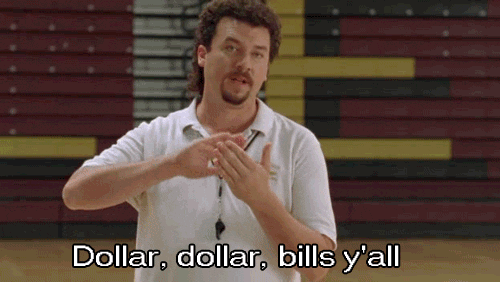It’s the old anti-welfare saw: giving poor people assistance, especially cash assistance (as opposed to in-kind benefits, like boxes of food and toiletries), will turn them into dependent leeches. This was the logic of welfare reform, the 1996 legislation signed into law by Bill Clinton to “end welfare as we know it” and, in the parlance of then-First Lady Hillary Clinton, transition poors from “dependency to dignity.”
But there’s good news! Welfare doesn’t actually appear to discourage work, and in some cases seems to encourage it, meaning strong social programs don’t necessarily entail either dependency or indignity. Zoinks!
At Vox, Dylan Matthews lays out the facts: Study after study has suggested that cash assistance programs do not result in a drop-off in working hours among recipients. This doesn’t mean that badly designed programs can’t end up discouraging work. Take, for example, programs that penalize raises and introduce steep benefit cutoffs with income gains: those could feasibly discourage work. Which is all the more reasons to make our assistance programs more generous (and universal when possible) rather than stingier and more draconian.
